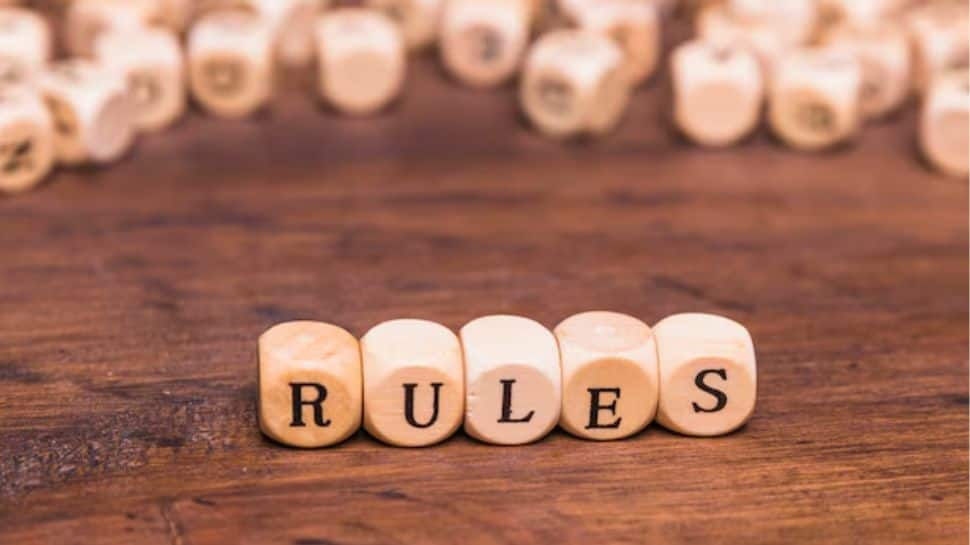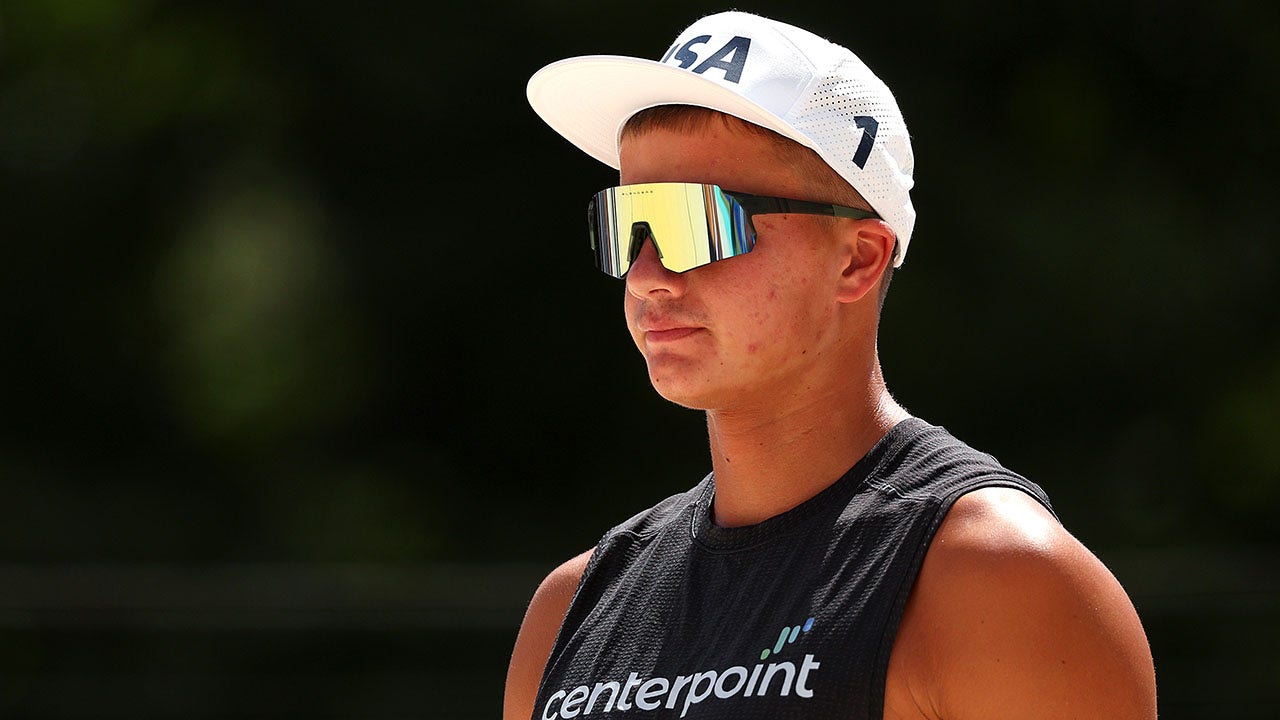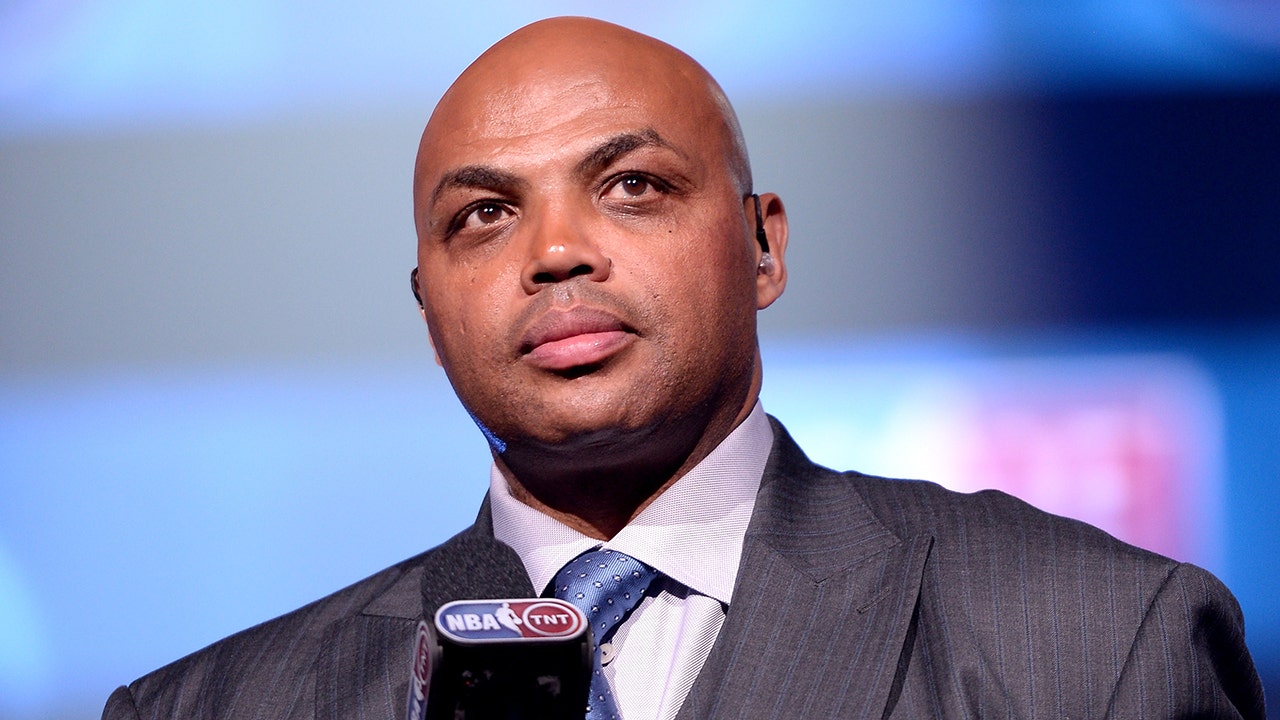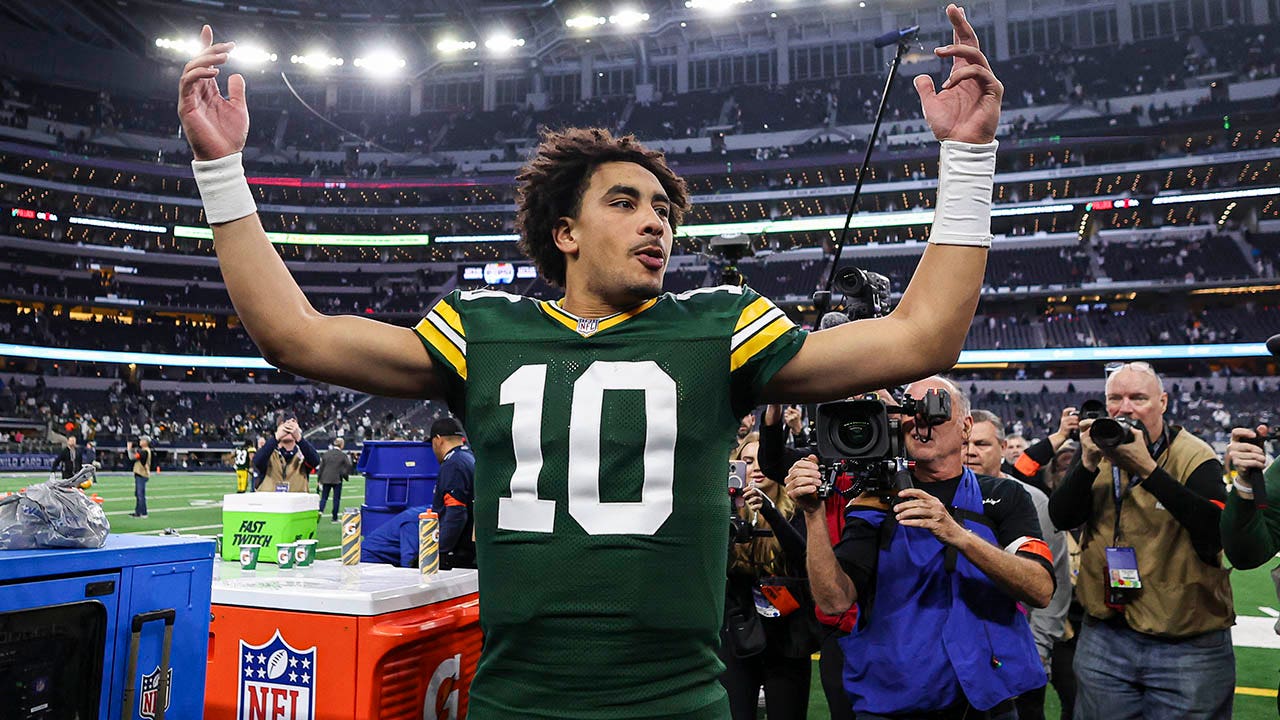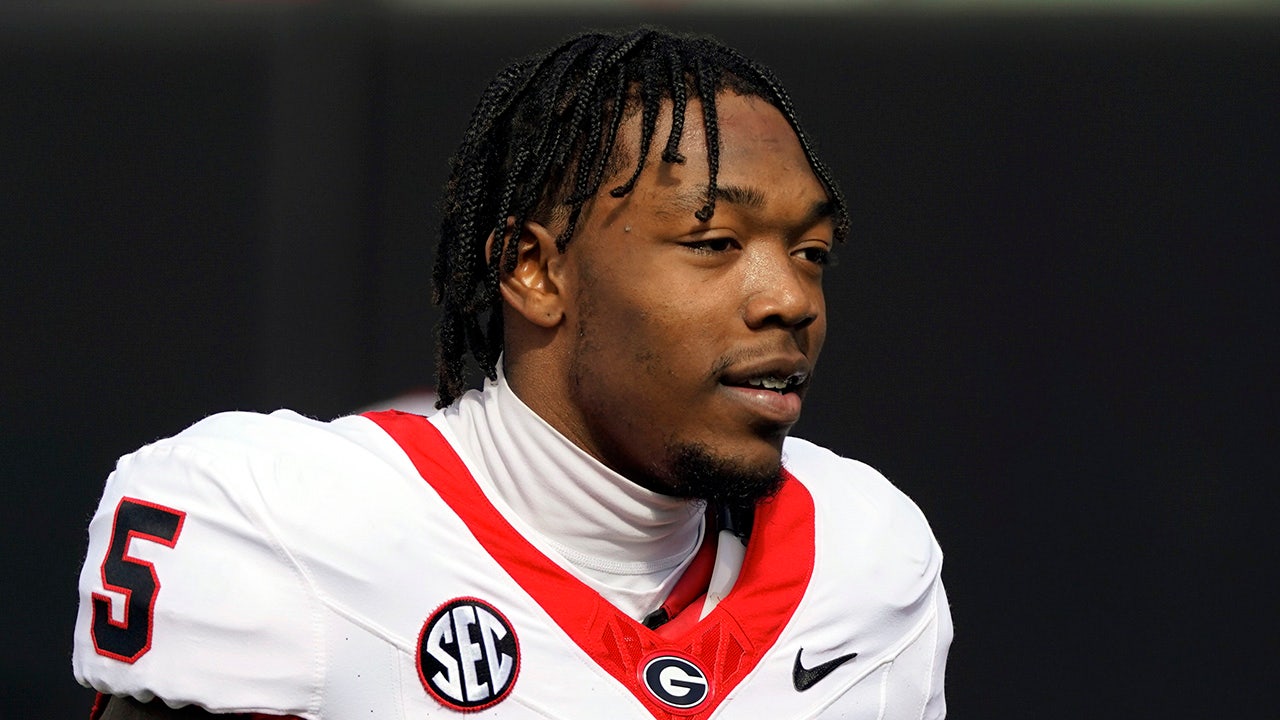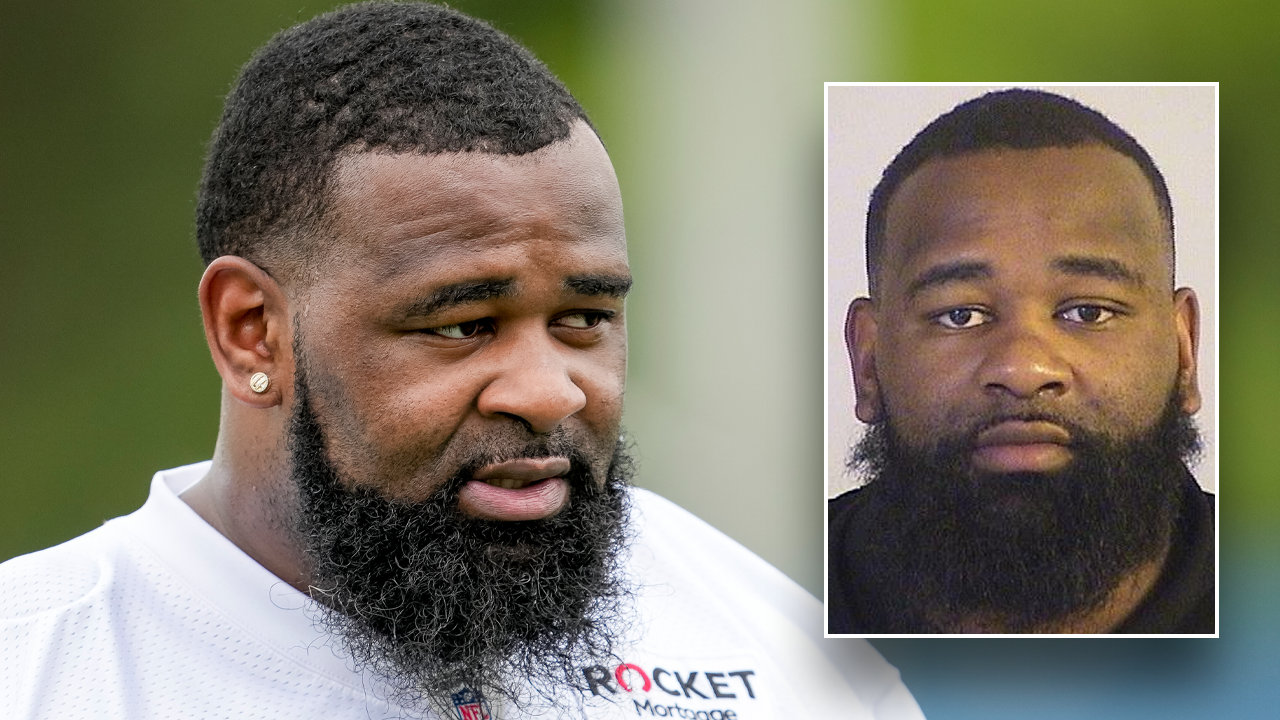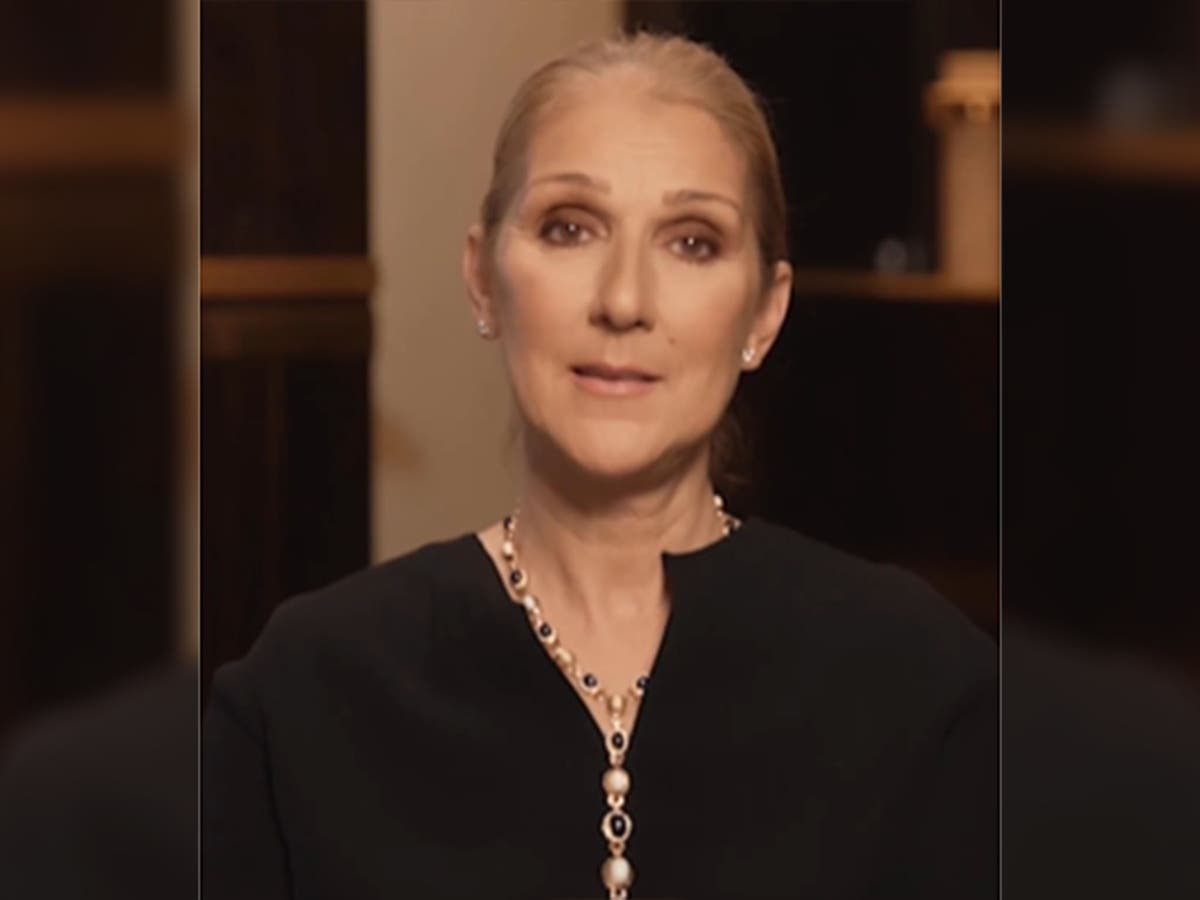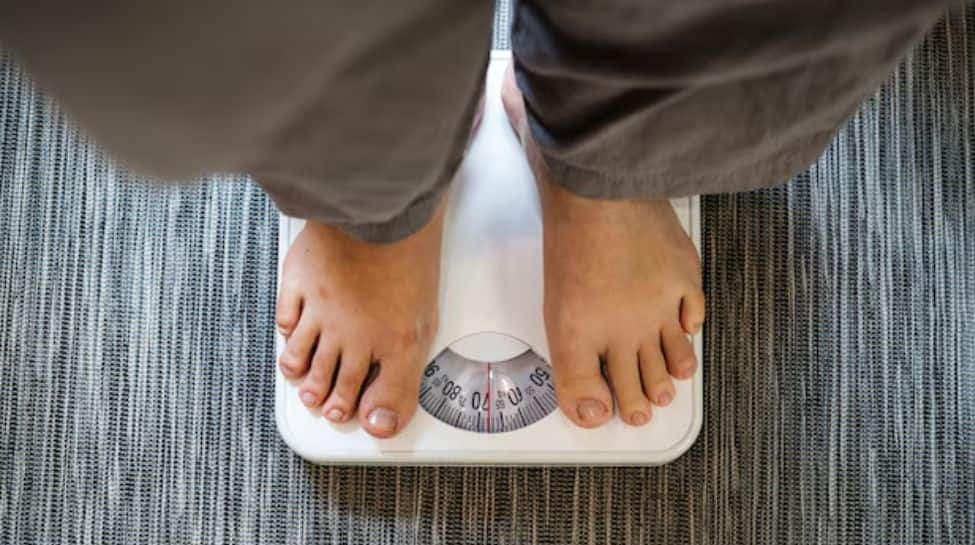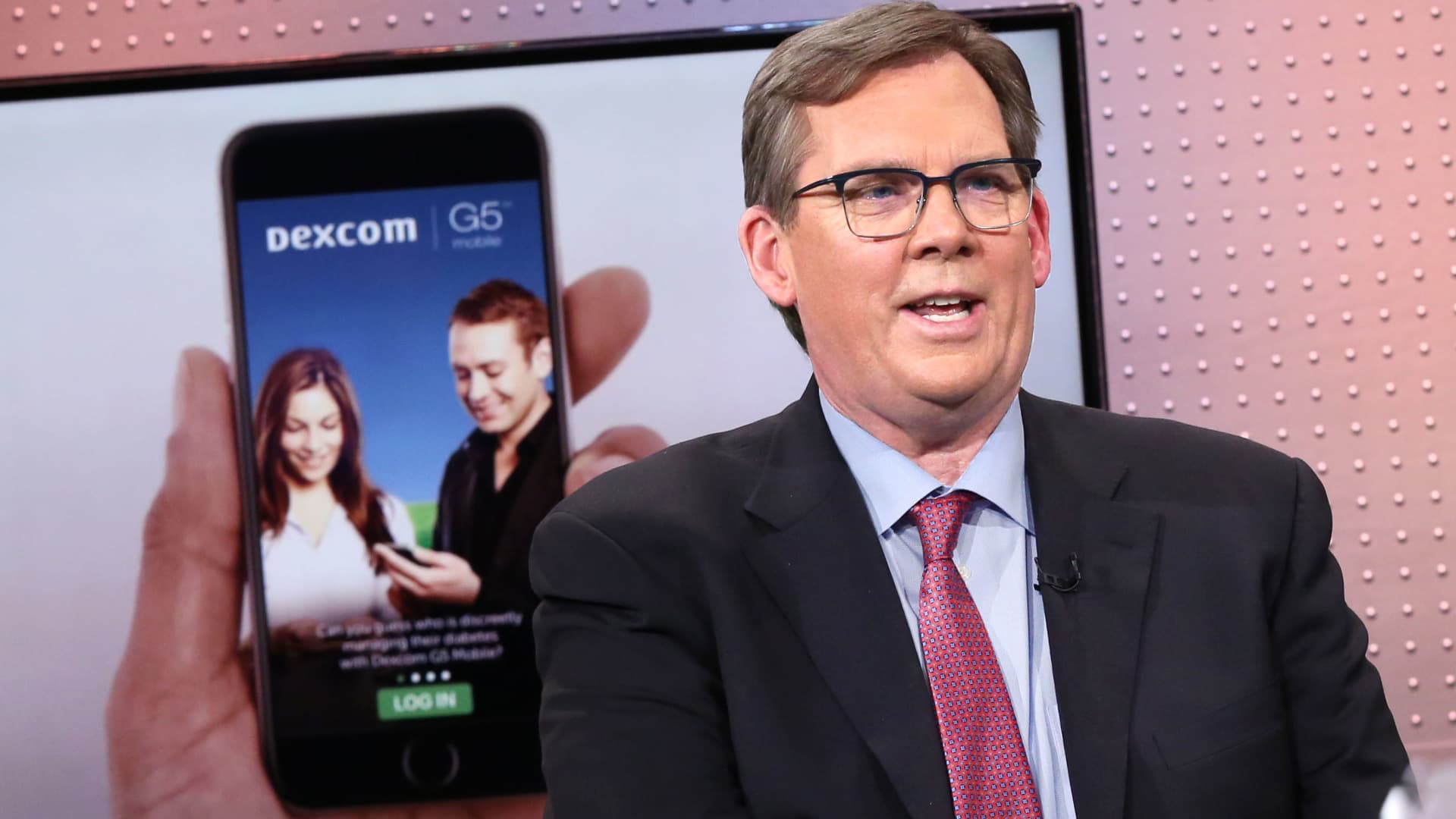An alert from the app Grindr interrupts this meditation on permanence, solitude and what truth-telling might have cost him. Carmichael’s focus drifts. He looks at his phone. “Whoa,” he says at what he finds there, fully derailed.
That wry little scene doubles as a demonstration of how perfect fidelity to the truth can produce anticlimax instead of the epiphanies and breakthroughs for which Carmichael longs. It’s dull to watch a person vanish into their phone. It is, however, inarguably “honest”: This is indeed how we live. That authenticity isn’t always entertaining — or cathartic — becomes one of the problems the series tries to solve. The lesson here, if there is one, is that Carmichael’s first real encounter with himself yields the opposite of self-discovery. What we observe instead is an ambitious and charming but flawed (and horny) human getting distracted, by a stranger on his phone, from his own mission statement.
As confessional television, the scene is a cheeky failure, albeit one containing some clues about how Carmichael’s theories about the examined life might fare when put into practice. In front of cameras. For TV.
The first episode picks up in the immediate aftermath of Carmichael’s Emmy-winning special “Rothaniel,” in which he comes out as gay in the course of processing his father’s infidelity and his frustration at his mother’s unwillingness to hold him accountable. He’s famous, rich and joyfully, unapologetically sexual, but he’s also feeling disconnected and lonely. Some threads are new: Getting ghosted after confessing his feelings to someone. His own shortcomings as a friend. A well-meaning but possibly misguided effort to coach a fellow comedian into embracing a process more like his own.
Other topics will be familiar to Carmichael fans, including his newly strained relationship with Cynthia, his extremely religious mother (who believes homosexuality is a sin) and his well-documented anger at his father. That the latter has fueled much of Carmichael’s work puts a curious spin on some of the newer material; in particular, a storyline in which Carmichael searches for love, finds a kind and supportive boyfriend and then repeatedly cheats on him — sometimes immediately after a counseling session.
These are hard and confusing scenes to watch. Equally distressing are some of the conversations that follow, wherein Carmichael frantically parries his partner’s efforts to connect with distractions and jokes. To the extent that this show champions honest introspection (Carmichael, who clearly sees this as the engine for good art and genuine connection, eventually forces almost everyone in his orbit into some kind of explicitly therapeutic framework), it’s also intriguingly brutal about therapy’s limits.
The backdrop to all this is, of course, Carmichael’s evolving relationship to his family. Reeling from the irony that the disclosures that earned him accolades have also cost him the bond he and his mother once shared, he brings her up constantly in interviews, pointing out — with a conspiratorial twinkle in his eye, as if she were an ex — that she might be watching. Cynthia looms over the whole enterprise as its true intended audience. We, the viewers, are a pretext. And an excuse to misbehave. And so the docuseries zigs and zags with the antic energy of an injured teen, at some points seeking to provoke and at others to instruct. Or punish. Or explain. Or convert.
Carmichael’s other target has always been, and continues to be, his father — from whom he wants something like the Platonic ideal of a conversation, one that will transcend their history, retroactively heal his mother and leave him feeling satisfied and respected, with his questions answered and psychic wounds salved by the kind of full, sincere apology that makes forgiveness possible.
The show snaps into savage focus, therefore, whenever either parent is on-screen. Neither can live up (or down) to the outsize place they occupy in Carmichael’s stand-up, or philosophy, or heart. They’re homophobic, certainly. Also soft-spoken, polite, and out of their depth. They are, in their own way, trying. One can’t help but feel for them when Carmichael pressures them for a heartfelt and authentic encounter while strangers shove cameras into their faces to capture their reactions.
It’s an impossible, desperately sad situation no commitment to honesty can solve. Carmichael theoretically wants to hear but in practice cannot abide his parents’ real feelings, which wound him deeply. Neither can he bear the false note he detects in their conciliatory professions of love. Carmichael eventually admits that he’s turned to the camera in desperation for something like leverage. He sees it as a way he can force people he loves, who tend to deflect or wander away, to sit through the kind of “real” conversation (or interrogation) he values. The lens will, by providing a witness that happens to be a little bit in his control and on his side, facilitate the kind of conversation that solves everything.
That was never going to work, but the confrontations are nevertheless fascinating to watch. So are the show’s nerdier reflections on the camera’s changing role. Carmichael’s early shorthand for this project (“I’m trying to self-‘Truman Show,’” he says at one point, referencing the 1998 film starring Jim Carrey) registers a desire not just to live more truthfully but also to generate a transparent record of the attempt. Though they sound related, those are in practice almost irreconcilable objectives. When Carmichael suggests the camera can be “like what God is,” it’s hard to take seriously; the man has spent enough time in front of and especially behind cameras to know exactly how much their presence distorts.
Fortunately, a bemasked figure dressed in black turns up in the pilot to make that very point. (It may or may not be relevant that comedian Bo Burnham was filmed hugging Carmichael at the Emmys in that exact get-up.) This friend opposes the project and compares the camera to sarin gas. “This is not a neutral eye,” the friend in disguise says (in a digitally altered voice). “This is not truth. This is narrative. It will be edited by someone.” He also condemns the project, and Carmichael’s warts-and-all approach to his own portrayal, as exhibitionist. “Yeah, but what’s wrong with that?” Carmichael asks. “There’s public and private and then there’s masturbatorily public,” the figure replies before pivoting to concern. “You have a sort of self-destructive thing that then can be channeled into something exciting and alive but, like, I care about you beyond this thing.”
The friend is right. A self-destructive drive to reveal the worst about oneself animates much of “Jerrod Carmichael Reality Show,” and that’s also what makes it compulsively watchable. At the height of his fame and popularity, having accrued an enormous amount of sympathy and goodwill with “Rothaniel,” Carmichael merrily, in the name of truth, assassinates his own character. He showcases ugly aspects of himself that most people with brands would edit out. Viewers may regard this exercise in self-exposure as brave, or as a bratty love test. It might strike them as arrogant or just plain masturbatory (as his pal contends). But this much is true: If the series documents his solitary, obsessive and sometimes alienating drive to push for something true, it also lingers on the way his instinct for introspection (and truth-seeking) can overlap with humor but also spite, cowardice, narcissism and good old workaday hypocrisy.
In any event, “Jerrod Carmichael Reality Show” mostly abandons those early ideas about total transparency in favor of a riveting but selective and thoroughly artificial structure. The series organizes its episodes thematically rather than chronologically, with each episode built around a couple of provocative unifying ideas and something very like an arc. The effect is essayistic, strung together from footage shot by Carmichael and his camera crews (whose intrusions into ostensibly “intimate” scenes are themselves captured on film) — and interspersed with clips from his stand-up and metatextual discussions with friends of how specific scenes are playing.
If I have one criticism of the series, it’s that Carmichael overuses certain strategies. All comedians have tics and crutches, even the very good ones who aim to generate moments that feel spontaneous and true in lieu of repeating an act that’s grown stale. Carmichael’s recipe for quickly establishing intimacy and a sense of stakes begins with informing audiences of his current, real-time preoccupations. His métier isn’t memoir, with its careful, retrospective analysis, but rather the roiling potential of the unresolved present tense. It’s good stuff, but by the third or fourth time Carmichael tells an audience or TV host that he’s just experienced something dramatic, cheerfully vibrating in a way that enlivens his presence onstage, it dawns on the viewer that the matter was, in hindsight, entirely within his control. He called his family for the first time (after he was the one who cut off contact). He texted his best friend that he’d developed feelings for him, or invited that same friend to the Emmys, or received but didn’t listen to a voice mail from his mother. They’re good, juicy scenarios, and Carmichael narrates them while gazing longingly at his phone, inviting the audience to share his anxiety and suspense. At best, the phone starts to feel like a prop. At worst, the sense of urgency he derives from its silence starts to seem, despite his best intentions, and much like this frustrating, fascinating show, more manufactured than “honest.”
That said, Carmichael’s buoyancy and openness save the show from feeling dour or hopeless. So do his friends and lovers. And relatives. The fits of conscience that anchor a series notable for its moral and artistic ambition can’t get too precious or navel-gazey; they’re constantly tempered and undercut by the comic’s equally formidable sense of play. “Jerrod Carmichael Reality Show” peaks when it leans into those maddening human paradoxes. That’s of a piece of Carmichael’s project. This is, after all, the stand-up who sits down. The guy who asks audiences for advice. The comic who believes comedy should capture “the truth of the pain.” “Show me the lowest moment, show me the most tense moment, the moment worthy of, like, asking for people’s time to watch,” he said during a panel for showrunners four years ago, back before he was out.
“Jerrod Carmichael Reality Show” records many a failed experiment, but on that front at least, it delivers.
Jerrod Carmichael Reality Show premieres March 29 on HBO (and Max), with subsequent episodes airing weekly.







